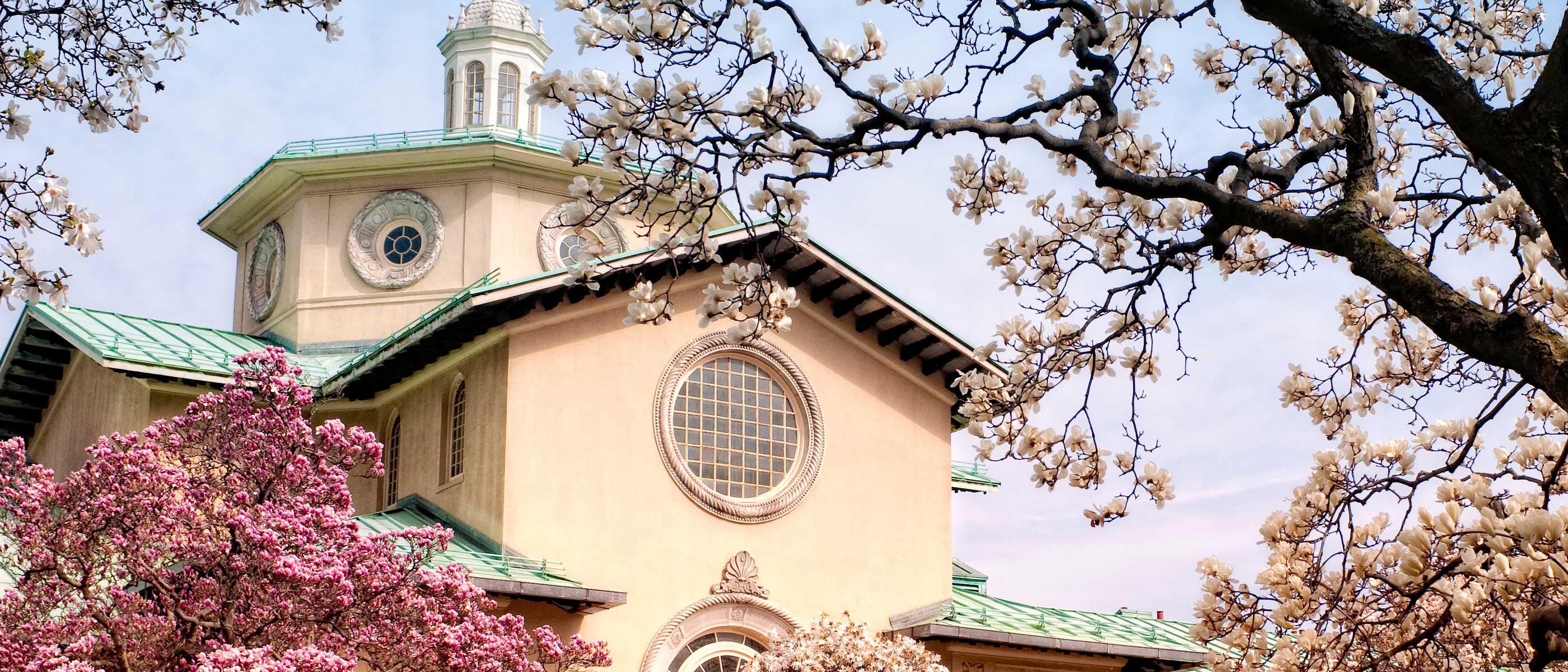Why should I test my soil?
It’s always a good idea to test your soil, particularly if you are gardening in a new site. It’s the best way to learn what nutrients are in your soil and what you need to add to grow healthy plants. In urban areas, soil testing is especially important because toxic metals like lead may have contaminated the soil. Pregnant women and children are especially at risk from soil with high concentrations of lead.
When should I test my soil?
You can collect samples at any time, but the fall season is best. The soil is dry, and if you correct any deficiencies in fall and winter, those nutrients should be available to your plants by spring. Ideally, soil should be retested every few years.
How do I collect soil samples?
You will need to collect a separate sample of soil from each area of your garden you want tested. For example, if you want to test soil in your vegetable garden and the soil around some shrubs, you will need to collect separate soil samples from the two areas and have two separate tests run. In each area, use a clean trowel to dig several scoops of soil—at least one cup. Always take soil from two to ten inches below the surface. Put the soil you have collected in a clean container or zip-lock bag. Seal it tightly and label the sample on the outside of the container. Repeat this process in each area you want tested, making sure each sample is clearly marked.
Then what?
Kits are available in many hardware stores and garden centers for testing the soil pH. To test for nutrients, organic matter, and heavy metals, your soil needs to be tested in a lab. The lab should send a list of recommendations along with the testing results. Sometimes the results are hard to decipher, so contact Brooklyn Botanic Garden if you need help decoding the information.
Visit the lab’s website or contact it directly (see following page) for more detailed sampling instructions and up-to-date services and prices.
Environmental Sciences Analytical Center at Brooklyn College
718-951-5000, ext. 2647
Brooklyn College
5135 Ingersoll Hall
2900 Bedford Avenue
Brooklyn, NY 11210
Submit your soil sample by mail. Personal delivery is also accepted by appointment.
Results will be sent only by email unless specified.
Cornell Nutrient Analysis Laboratory
607-255-4540
Cornell University
G01 Bradfield Hall
Ithaca, NY 14853
UMass Soil and Plant Tissue Testing Laboratory
413-545-2311
West Experiment Station
682 North Pleasant Street
University of Massachusetts
Amherst, MA 01003




